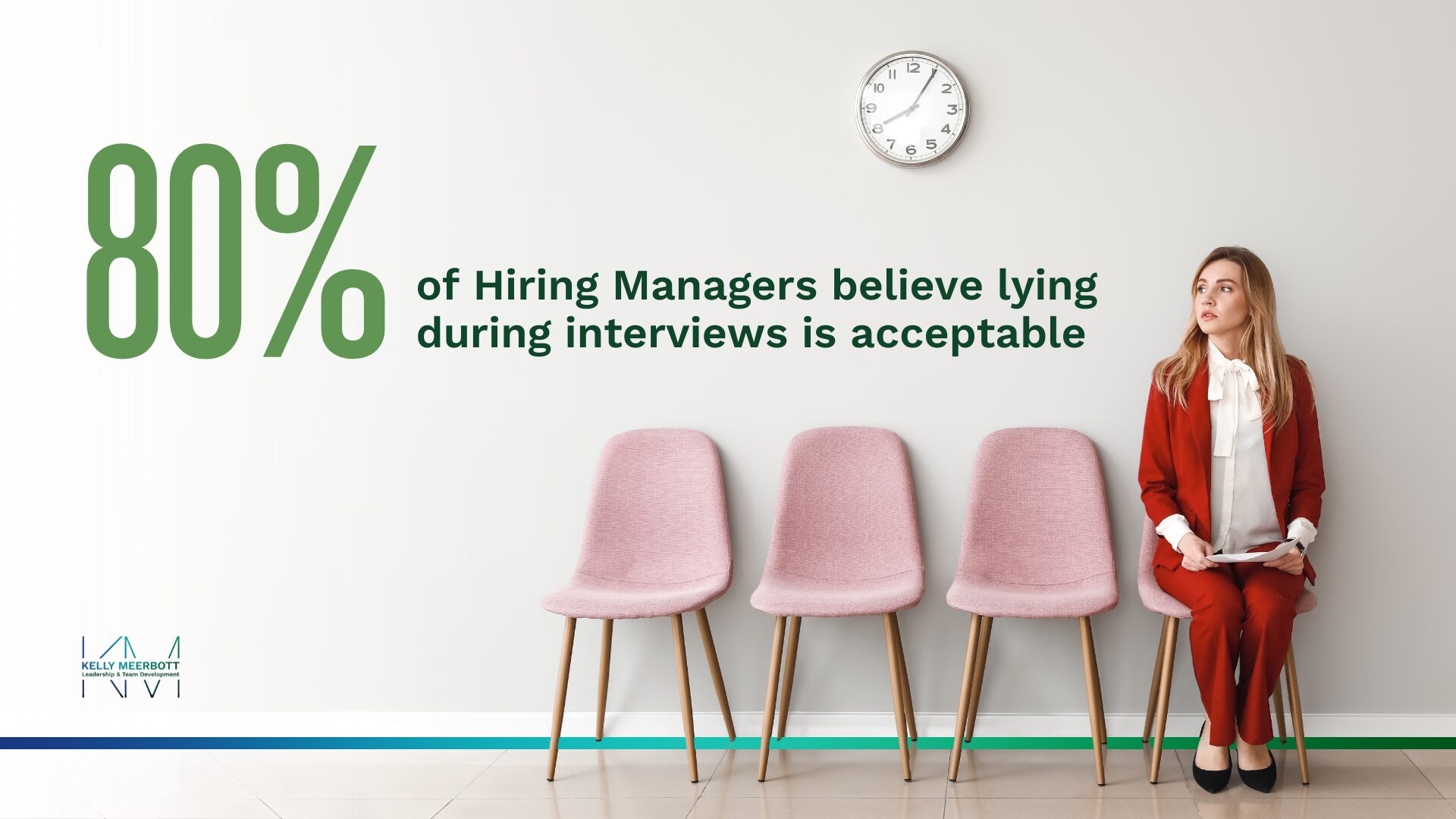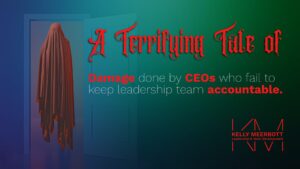Companies can’t afford to make hiring mistakes. Yet, bad interview processes are rampant, wreaking havoc on brands and stalling growth. From misleading job descriptions to absurd interview demands, many organizations are guilty of practices that not only alienate top talent but also drain resources and damage reputations.
It’s time to shine a light on these detrimental practices and explore how to build a more effective and respectful hiring process.
Outright Lying About The Role
Lying about roles is a surefire way to damage trust. A whopping 36% of hiring managers admit to providing false information to job candidates, while 80% see lying during recruitment as acceptable.
Listing Phantom Jobs
Stop wasting candidates’ time with job listings for roles that don’t even exist. This not only frustrates applicants but also tarnishes your brand’s reputation.
Misrepresenting Culture
Misrepresenting your company culture might get candidates in the door, but they won’t stay. When reality hits, your new hires will be out the door fast.
Requiring Endless Interviews
How many interviews does it take to screw in a light bulb? One is enough for entry-level positions, and mid-level roles should max out at four interviews. Endless rounds of interviews are not only frustrating but also signal a lack of decision-making ability.
Wasting Everyone’s Time
Dragging out the hiring process bores candidates but also wastes your team’s valuable time. Streamline your process and keep it concise.
Pulling A Disappearing Act
Nothing says “we don’t value you” like no-show interviewers or last-minute cancellations. If your team can’t respect a candidate’s time during the interview process, why should they join your company?
Ghosting Candidates
Ghosting isn’t just for bad dates. A staggering 92% of hiring managers have ghosted applicants, and 10% have ghosted candidates after extending an offer. This behavior is not only unprofessional but also detrimental to your company’s reputation.
Asking Candidates For Free Work
Asking candidates to do unpaid work as part of the hiring process is a major red flag. If you value their skills, show it by compensating them for their time.
Having Ridiculous Requirements
Don’t ask entry-level candidates for senior-level experience. It’s not just unrealistic; it’s absurd. Stick to relevant requirements and keep it real.
Using “The Coffee Cup Test”
Not hiring someone because they didn’t clear their coffee mug? Get over yourself. Focus on skills and fit, not trivial tests.
Requiring Personality Tests
Results can be flawed or biased, and rarely reflect of a person’s talents, skills, or ability to do the job. They are far more useful for self-awareness and communication skills, particular during professional development and coaching
What A Bad Interview Process Costs
Let’s talk about the impact of your bad interviewing and recruiting process. It’s clear that bad hiring and recruiting practices are more than just an inconvenience—they’re a direct threat to your company’s success and reputation.
Employee Revolving Door
Fast resignations are a common result of bad hiring practices. With 17% quitting after just one week and 31% within the first six months, the cost of these poor decisions adds up fast.
Company Financial Drain
Bad hires can cost your company an average of $14,900 each. Add the lost revenue from tying up your team in interviewing and the lost productivity of extended vacancies, and it’s clear that poor hiring practices are expensive mistakes.
Reputation Ruin
86% of job seekers use sites like Glassdoor and Indeed to review companies, and 72% share their bad experiences with their network. Half of them will hesitate to apply based on negative reviews, damaging your talent pool and potential customer base.
Do This Instead When Hiring
- Reassess Roles Regularly
Before you post a job, make sure the role still meets current needs. This ensures you’re hiring for the right reasons.
- Internal Opportunities First
Always post jobs internally first to improve staff retention and morale.
- Establish Clear Evaluation Standards
Create structured interview processes and evaluation standards. This helps eliminate bias and ensures a fair assessment of all candidates.
- Use Accurate, Inclusive Job Ads
Craft job ads that are gender-neutral, include salary information, and avoid irrelevant requirements. Transparency attracts better candidates.
- Train Your Interviewers
Ensure interviewers are trained on current processes and know what to look for. This prevents ego clashes and ensures candidates are evaluated fairly.
- Use Automation Wisely
Make sure any automation in resume reviews doesn’t exclude qualified candidates. Human oversight is crucial.
- Focus on Skills
Stop hunting for mythical “unicorn” candidates. Focus on the skills and experience necessary to do the job well.
- Feedback is Gold
Offer feedback to all interviewees. This shows respect and helps maintain a positive brand image.
By acknowledging and rectifying these common pitfalls, you can foster a hiring environment that attracts top talent, enhances employee satisfaction, and propels your business forward. Remember, the way you hire is a reflection of your brand — and it matters to the bottom line. Don’t let bad interviewing processes slow you down.
Kelly Meerbott, PCC is a renowned expert in executive leadership coaching, a TEDx and keynote speaker, author, and host of the podcast Hidden Human.
Are you ready for your leadership transformation? Let’s grow! Fill out the form below or connect with Kelly on LinkedIn!





